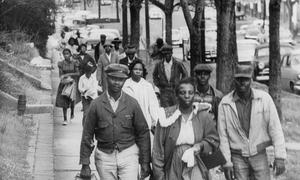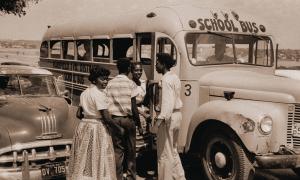author
Maia Ferdman
Maia Ferdman (she/her) is the staff director of the UCLA Dialogue Across Difference Initiative and deputy director of the UCLA Bedari Kindness Institute. She is also the founder of Bridges Intergroup Relations Consulting, a firm that supports organizations and communities to build vibrant spaces of belonging – celebrating our complex identities, proactively exploring our differences, and fostering resilient relationships between groups. Maia has worked with and consulted for agencies and organizations including the California State Water Boards, the City of Los Angeles, Pepperdine University


